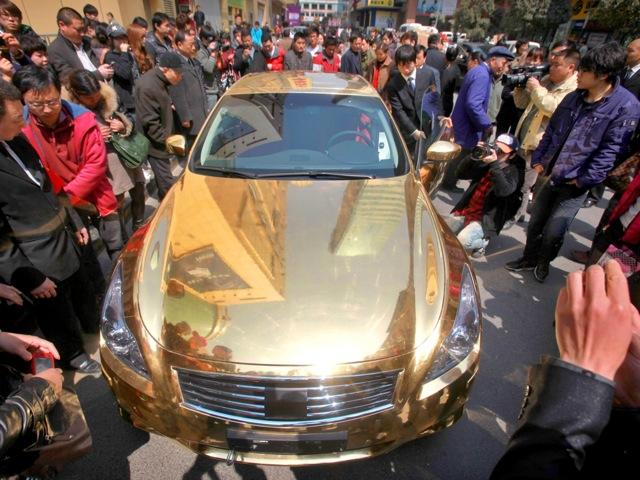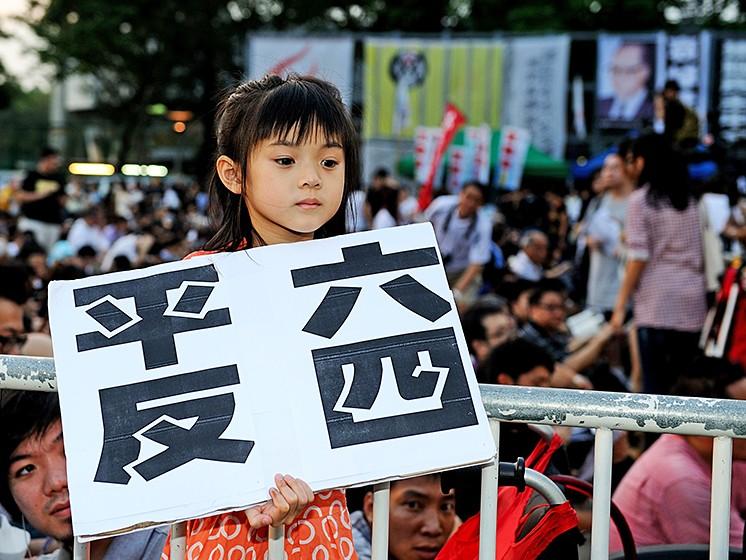A document leaked to The Epoch Times reveals that as of Nov. 26, 2011, Beijing had identified 225 corrupt officials, 58 of them at the local high-level (“ditingji”) and above, who had embezzled over 2.5 billion yuan ($US392 million).
Oversight must have been more lax in Anhui Province, which had half as many corrupt cadres—only 97, 19 of them high-level—who'd managed to abscond with 3 billion yuan.




